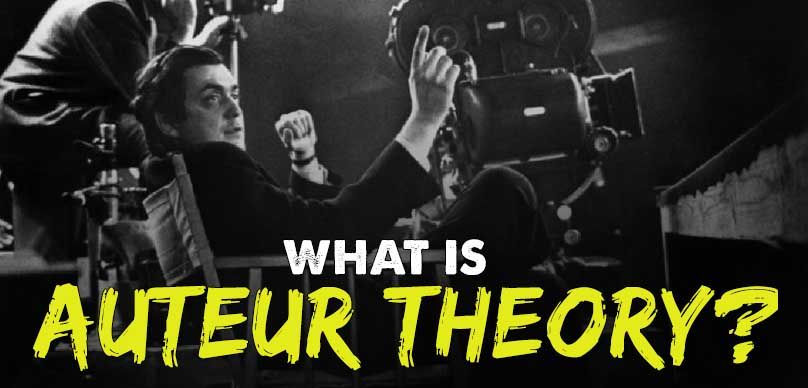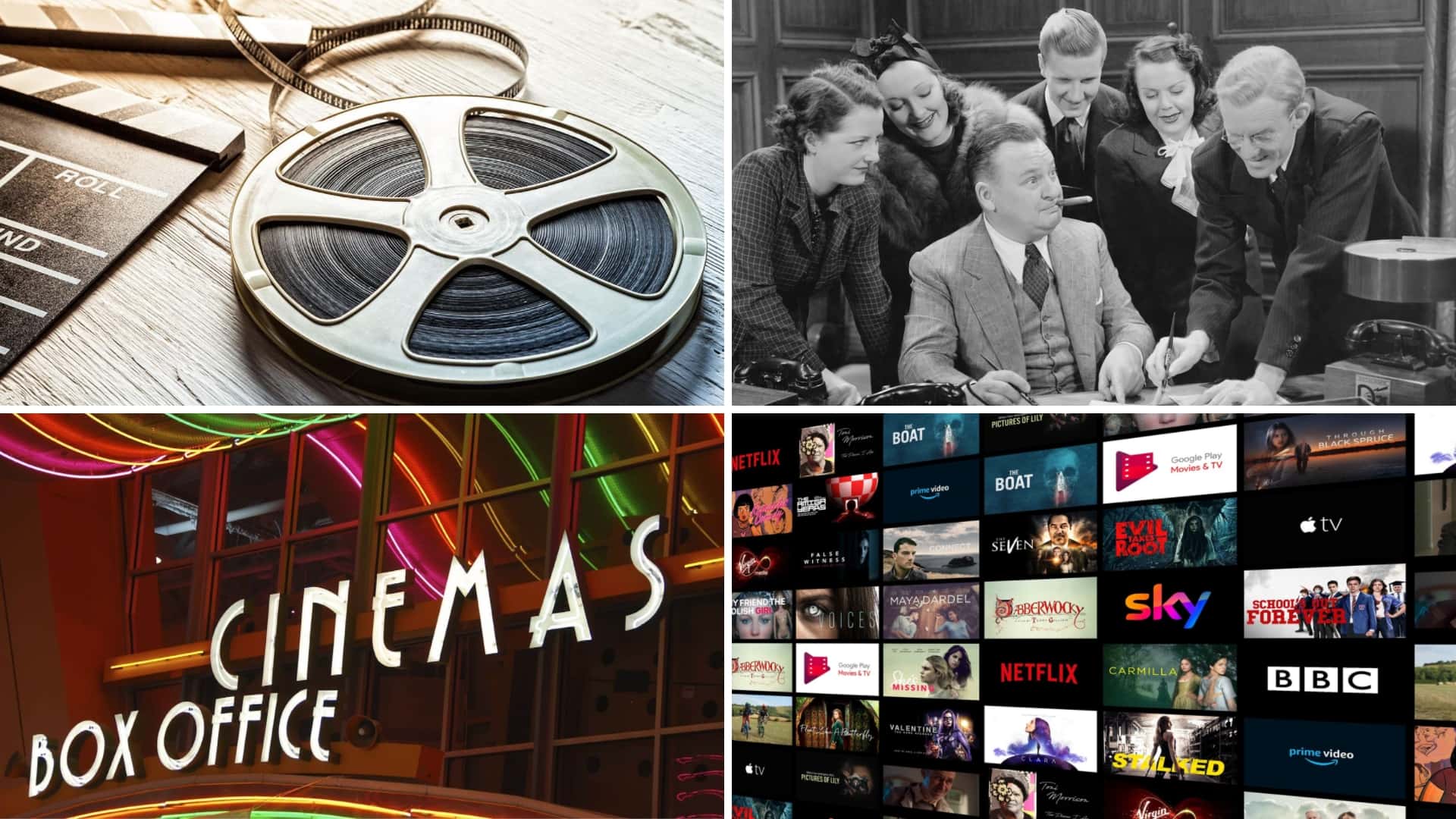How to Analyze the Role of Auteur Theory in Movies
Explore the significance of Auteur Theory in movies. Learn how to analyze its role in filmmaking. Dive deep into the world of cinema.

Auteur Theory's Influence on the Film Industry
The world of cinema is a captivating realm where storytelling meets visual artistry. Within this medium, the role of auteur theory has played a significant and enduring influence. Auteur theory, which emerged in the mid-20th century, posits that the director of a film is its primary author, shaping the narrative, style, and thematic elements with their unique artistic vision. This theory has been a subject of debate and fascination among film scholars, critics, and enthusiasts. In this exploration, we will delve into the depths of auteur theory's impact on the movie industry, examining its origins, evolution, and?contemporary relevance.
Origins of Auteur Theory
A. Early Pioneers Auteur theory, as a formal concept, took root in the writings of French film critics in the 1950s. Andr? Bazin, a prominent figure in the world of film criticism, was among the first to propose the idea that cinema could be elevated to an art form through the director's creative influence. Bazin's advocacy for directors as artists laid a crucial foundation for auteur theory.
B. Fran?ois Truffaut and Cahiers du Cin?ma It was Fran?ois Truffaut, a critic-turned-filmmaker, who catalyzed auteur theory into prominence through his work with the?influential French film journal,?Cahiers du Cin?ma. Truffaut and his contemporaries, including Jean-Luc Godard and Eric Rohmer, championed the idea that a director's unique vision could be traced across their body of work, transcending the collaborative nature of filmmaking.
Auteur Theory in Practice
A. Hitchcock and Spielberg:?Auteur Filmmakers?Two iconic directors who exemplify auteur theory in practice are Alfred Hitchcock and Steven Spielberg. Hitchcock's meticulously crafted suspense films and Spielberg's ability to evoke a sense of wonder in his audiences showcase their unmistakable artistic signatures. These directors maintained creative control over their projects, solidifying their status as auteurs.
B. Auteurs Across Cultures Auteur theory is not confined to Hollywood; it has found expression across the globe. Directors like Akira Kurosawa in Japan, Federico Fellini in Italy, and Ingmar Bergman in Sweden have all left indelible marks on the international film landscape. Their distinctive styles and thematic concerns underscore the global reach of auteurism.
?Auteur Theory and Hollywood
A. Auteurs vs. Studio System Hollywood's studio system, known for its tight control over film production, often clashed with the auteurist vision. However, directors like Martin Scorsese and Francis Ford Coppola managed to navigate this system and carve out their artistic identities within it. Their battles with studios and subsequent triumphs offer a unique perspective on the tension between commerce and art in the industry.
B. The New Hollywood Era The 1960s and 1970s marked a transformative period in Hollywood, known as the New Hollywood era. Directors like Dennis Hopper, Robert Altman, and Francis Ford Coppola seized creative control, challenging the studio system's conventions. Their films, such as "Easy Rider" and "The Godfather," not only reflected the cultural upheaval of the times but also reinforced the importance of auteurs in cinema.
The Auteur in Contemporary Cinema
A. The Spielbergian Legacy Steven Spielberg's?influence on contemporary cinema?remains undeniable. With blockbuster hits like "Jurassic Park" and "E.T. the Extra-Terrestrial," he reshaped the industry's commercial landscape. Moreover, his ability to seamlessly transition between genres while maintaining his directorial signature continues to inspire filmmakers today.
B. The Rise of Independent Auteurs The advent of digital technology and the democratization of filmmaking have empowered a new generation of independent auteurs. Directors like Quentin Tarantino, Christopher Nolan, and Wes Anderson have embraced creative autonomy and garnered cult followings. Their idiosyncratic styles and storytelling choices challenge conventional norms in filmmaking.
Auteur Theory's Relevance Today
A. Streaming Services and Auteur?Filmmaking Streaming platforms?like Netflix and Amazon Prime have disrupted traditional distribution models, providing auteurs with new avenues to showcase their work. Directors like Noah Baumbach and Bong Joon-ho have leveraged these platforms to reach global audiences while preserving their artistic integrity.
B. Gender and Diversity in Auteurism Auteur theory has historically been associated with male directors, but recent years have seen a push for greater diversity in the industry. Filmmakers like Ava DuVernay and Greta Gerwig have brought fresh perspectives to auteur cinema, challenging the status quo and broadening the scope of auteurism.
In conclusion, auteur theory has played a pivotal role in shaping the landscape of the film industry. From its origins in French film criticism to its enduring impact on contemporary cinema, the concept of the director as the primary author of a film has evolved and adapted to the changing tides of the industry. Auteurs like Hitchcock, Spielberg, and their modern counterparts continue to inspire and provoke audiences, reminding us that, at its core, cinema is an art form deeply intertwined with the vision of its creators. As the film industry continues to evolve, auteur theory remains a vital lens through which we can appreciate the rich tapestry of cinematic storytelling.
What's Your Reaction?
















